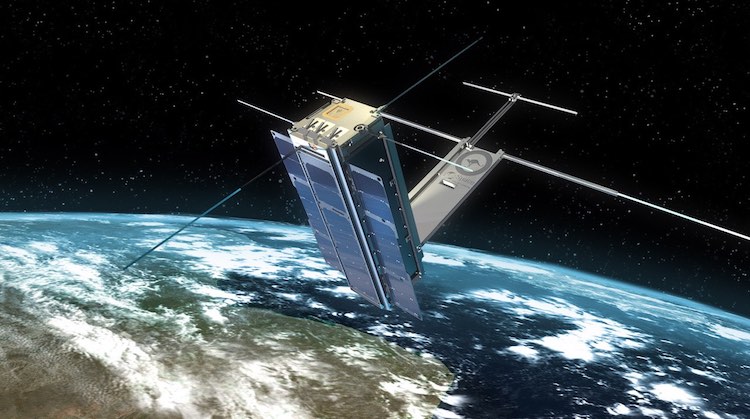
University of New South Wales Canberra has secured a $10 million contract to build three mini satellites for the Australian Government to boost its surveillance capabilities.
The project is part of a three-year space research and development program involving UNSW Canberra, the Australian Defence Force Academy and Royal Australian Air Force, it was announced at the International Astronautical Congress on Thursday.
The first satellite will launch in early 2018, with a second launch planned for the following year.
UNSW Canberra space director Professor Russell Boyce said the miniature satellites, also known as Cubesats, were earmarked for the Australian Defence Force to use on maritime surveillance.
“These spacecraft are able to gather remote sensing information with radios and cameras, and are the sort of innovative space capability that can help meet many ground-based needs in ways that make sense for Australia,” Professor Boyce said in a statement.
“Because they have re-programmable software defined radios on board, we can change their purpose on the fly during the mission, which greatly improves the spacecraft’s functional capabilities for multiple use by Defence.”
The Cubesats weighed about 4kg and were about the size of a loaf of bread, UNSW Canberra said.

Federal Minister for Defence Industry Christopher Pyne said the three miniature satellites would provide an “opportunity to demonstrate innovative communications and remote-sensing payloads, and test spaceflight modelling techniques”.
Further, it would also “help achieve a secure, resilient Australia by supporting the protection of our space systems from debris and anti-satellite weapons”.
“Partnerships such as this are an integral element of our Defence Force,” Pyne said in a statement.
“The expansion of space research and development into a regional academic institution provides Defence with an opportunity to build, sustain and create momentum to develop our space professionals.”
The announcement comes after the Australian government said it planned to set up its own national space agency.




